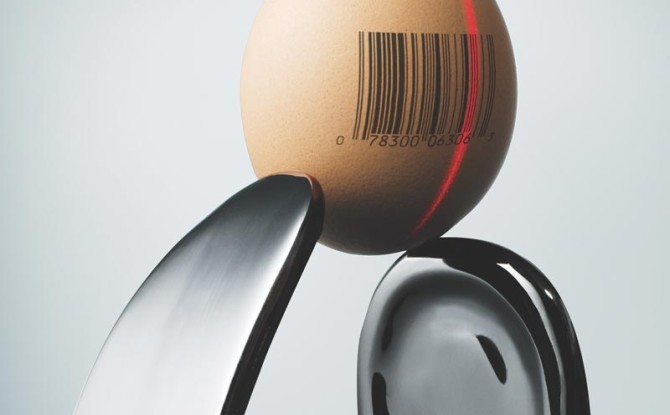“She sat me down one Sunday afternoon and said she had something she wanted to tell me,” Jess recalls. “She looked quite upset, and I thought, ‘She’s going to die.’” Instead, her mother told her, “Your dad isn’t your real dad.”
Jess’s father had undergone a vasectomy after his first marriage. When he met her mother he tried to get it reversed, but the operation failed and they opted for sperm donation through the NHS. Jess was conceived on the third try at St George’s Hospital in Hyde Park Corner; all her parents knew about the donor was that he was from Middlesex. The clinic advised Jess’s parents to keep the insemination a secret. “No one knew,” says Jess. “It was literally just my mum and my dad and two of their best friends.” This was the norm back then, says Olivia Montuschi, co-founder of the Donor Conception Network. “The vast majority of [parents] were told not to tell their children… They just thought it was in everybody’s best interest that the secret was kept – go home, make love, and who knows?”
Olivia herself has had two children through donor insemination because her husband is infertile. They had resolved to be honest with their kids from the outset. “I remember telling this to a nurse when she was inseminating me, and getting a very odd look as if to say, ‘Why would you do that?’” she says.
Reactions range from shock and horror to “That’s interesting; I thought there was something odd going on,” says Montuschi. “More often than not, you will find that there have been odd discrepancies in things that parents have said,” she says. “Or [the child] will wonder about the complete lack of physical likeness or [shared] interests with the non-genetic parent.”
Though some parents feel under pressure to tell their kids about their genetic heritage, many decide to keep the details of their child’s conception under lock and key. A 2003 survey by the Centre for Family Research at the University of Cambridge found that 47 per cent of parents of kids conceived after egg donation had no intention of telling. It’s not just the child’s feelings at stake. Even a genuine desire to tell can create tensions with grandparents or other family members who think it should remain a secret. Then there’s the wider taboo of where babies come from. “A lot of people find it really difficult to talk about, not necessarily because there is a genetic difference in the family, but because the discussion takes them into areas of parenthood where they wouldn’t normally have to go,” says Petra Nordqvist of the University of Manchester. “They’d have to say, ‘My sperm doesn’t work and we’ve had to undergo five years of IVF.’ Some people just hate having that kind of conversation with their families.”

